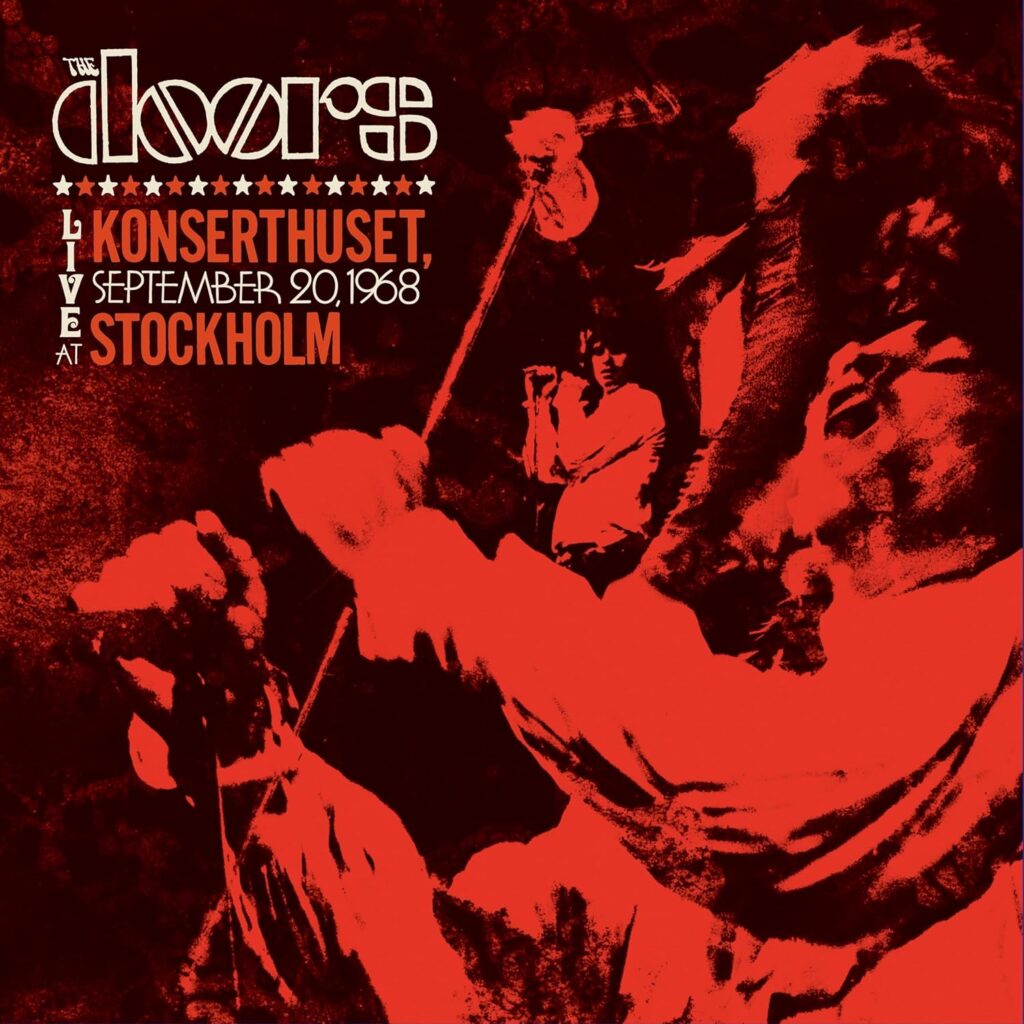 Doors fans can’t go wrong by picking up Live at Konserthuset, Stockholm; September 20, 1968, a mesmerizing new two-CD or three-LP set, released on Record Store Day 2024. It documents the final night of a celebrated European tour, which was recorded on four-track tapes for an FM radio broadcast.
Doors fans can’t go wrong by picking up Live at Konserthuset, Stockholm; September 20, 1968, a mesmerizing new two-CD or three-LP set, released on Record Store Day 2024. It documents the final night of a celebrated European tour, which was recorded on four-track tapes for an FM radio broadcast.
Last year’s Live at the Matrix, 1967 captures the then-little-known group as it experimented with early versions of the material that would soon bring it fame. It’s a fascinating collection but the new album, recorded a year and a half later, is another story entirely. It presents a world-renowned band at the peak of its powers. In fact, the performances on the new record are so good that it’s hard to believe they remained officially unreleased for more than half a century.
Audio quality can’t be the reason: these tracks—newly mastered and mixed from the original tapes by longtime band associate Bruce Botnick—sound as pristine as anything in The Doors’ live catalog; they also sound notably better than the same tour’s Copenhagen, Denmark, material that was included on 2018’s 50th anniversary edition of Waiting for the Sun.
The program—which includes the quartet’s complete early and late shows from Sept. 20, 1968—draws material from its first four studio albums. From the group’s eponymous January 1967 debut LP come a 16-minute performance of the apocalyptic “The End,” two explosive, nearly 12-minute renditions of “Light My Fire,” a version of Willie Dixon’s “Back Door Man” and a brief reading of Bertolt Brecht and Kurt Weill’s “Alabama Song (Whisky Bar).” From September 1967’s Strange Days, the program includes “You’re Lost Little Girl,” two 13-minute-plus renditions of the masterful “When the Music’s Over” and the propulsive “Love Me Two Times,” which, appropriately enough, also appears two times. From Waiting for the Sun, which appeared in July 1968, less than three months before this concert, the new album embraces the sweet “Love Street,” the fiery “The Unknown Soldier” and two versions of the menacing “Five to One.” Another track, “Wild Child,” surfaced on The Soft Parade, which came out 10 months after the Stockholm shows, in July 1969.
Also in the setlist are “A Little Game,” “The Hill Dwellers” and “Wake Up,” all of which show up in other versions on the Doors’ relatively disjointed In Concert album; “Money (That’s What I Want,” the Barrett Strong Motown track, which appears in a studio version on the 50th anniversary edition of the Doors’ Morrison Hotel; and a cover of Brecht and Weill’s “Mack the Knife.”
Throughout most of the performances in this album, Jim Morrison’s captivating vocals seem like the work of someone getting ready to lead a revolution. His accompanists—keyboardist Ray Manzarek, drummer John Densmore and guitarist Robby Krieger—are just as charged up. All three add indispensable ingredients to the sonic recipe.
The audience seems entranced. Just listen, for example, to “The Unknown Soldier,” which closes the early show. That song lasts less than four minutes, but the track clocks in at nearly seven because it ends with almost three solid minutes of cheering, whistling and foot-stomping by the fans. After hearing this recording, you won’t have any trouble understanding why they’re so enthusiastic.

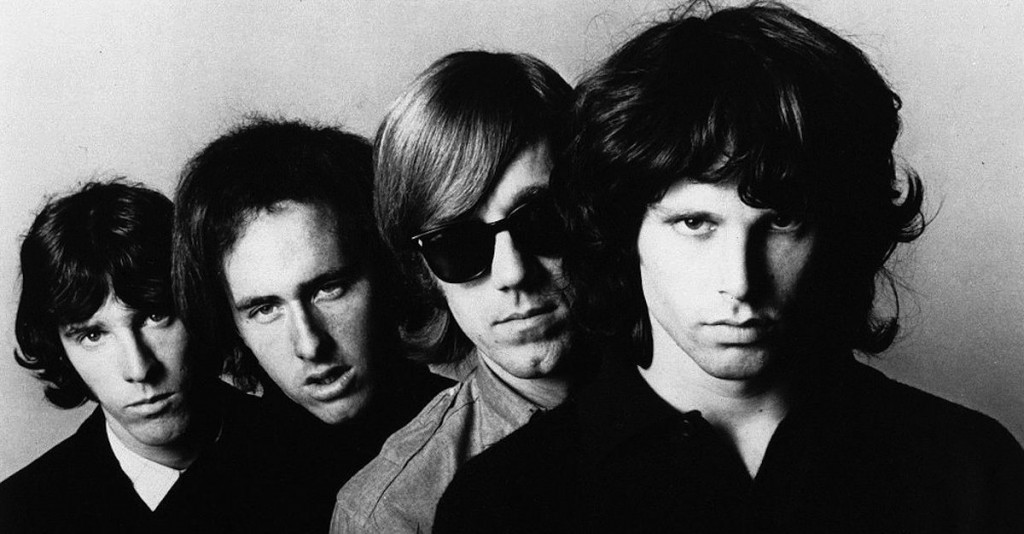
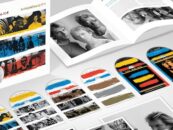
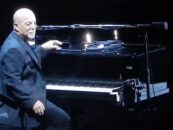
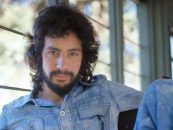
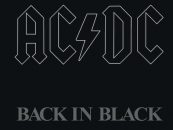

No Comments so far
Jump into a conversationNo Comments Yet!
You can be the one to start a conversation.